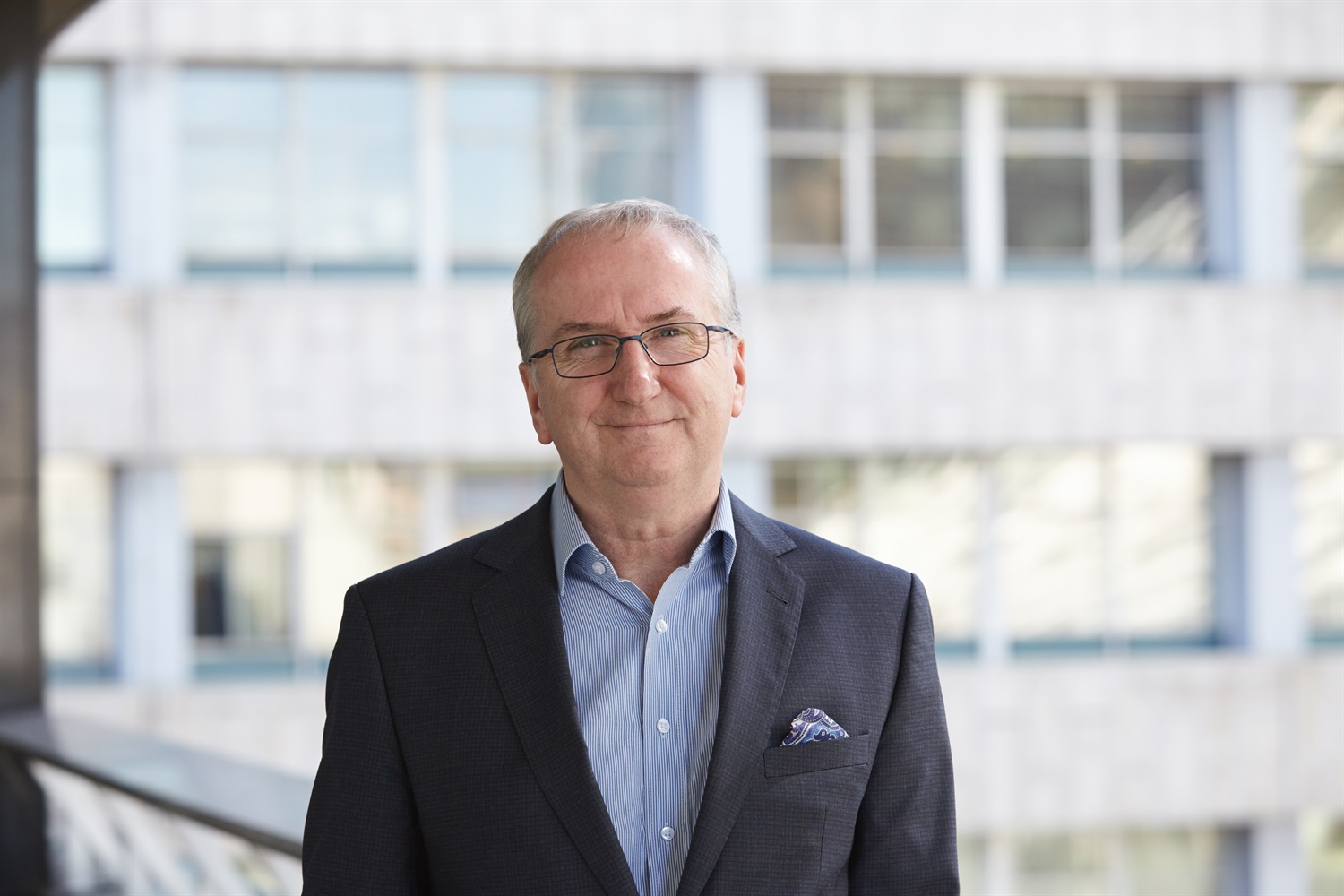28.04.20
'No one part of the system can do this alone': Addressing health inequalities in light of Covid-19
British Red Cross Executive Director of UK Operations Norman McKinley discusses how the organisation is supporting the most vulnerable in response to coronavirus and asks: What will be done to address health inequalities that lead people to become vulnerable in the first place?
Covid-19 has been described as the biggest global crisis since the Second World War.
At the British Red Cross we have mobilised our staff and volunteers across the country to support some of the most vulnerable people in the UK.
We have been in the community helping to deliver food and medicines. We are continuing our partnership with the NHS – helping patients who are well enough to go home, providing hospital transport, ambulance services and mobility aids.
The British Red Cross is working alongside clinical staff in 25 emergency departments and around 120 hospitals across the UK, and exploring how we can support at the new Nightingale hospitals.
This work is crucial for the people we help, but it also relieves pressure on the NHS at a time when it’s under immense strain.
We do a lot of this work in the UK all year round, often supporting those who are subject to health inequalities. This may mean they’re more likely to become chronically unwell and die younger.
This can be because they’re older, frailer or living with disability, but it can also be because they’re living in extreme poverty, are part of a marginalised ethnic community, or living in areas where public services don’t meet their needs.
Covid-19 is exacerbating these existing health inequalities and increasing demand for our services.
This is a once in a lifetime crisis, but for many it could easily become a crisis that lasts a lifetime.
For years, much of the work that’s been done to help improve the lives of the people most impacted in this way has been carried out by the voluntary and community sector.
We, and many other charities, will be there to support people throughout the coronavirus crisis, and beyond.
We see people disadvantaged by their situation every day – lack of financial support, social connections or access to adequate public services.
Through our work we know that many of the most important interventions are not medical, but they are essential – ensuring people have food in the fridge, a mobility aid to enable greater independence, access to the internet, heating, a phone call to check they’re OK, the right footwear or carpets so they don’t trip and fall.
Understanding this rounded picture of a person’s life plays a crucial part in helping people stay healthy.

British Red Cross Executive Director of UK Operations Norman McKinley
We understand the importance of non-clinical interventions when it comes to mitigating against ill-health.
We’ve seen checking in with people identified as most vulnerable during this emergency – older people, people with disabilities, people in ill-health, those lonely and isolated, refugees and people seeking asylum – to ensure they have the support they need to stay well and out of hospital.
At the Red Cross, we want everyone in the UK to receive the care and support they need – to be more resilient – without falling through gaps in the system.
The social and economic legacy of this emergency will no doubt stretch these pre-existing inequalities further and undermine the ability of individuals and communities to respond to other crises.
The people who are most vulnerable now will be just as vulnerable in the future, if not more so.
People’s confidence and ability to support themselves and their connections in the community are key to building resilience.
Our new 10-year strategy, written before this crisis began, puts tackling health inequality at its heart.
We’ve challenged ourselves to operate more in places of high inequality and deprivation, to invest in understanding where unmet needs are the greatest, and to work in close partnership with others at the national and local level – and people and communities themselves – to co-design holistic, sustainable solutions.
But no one part of the system can do this alone. To achieve this goal, we need better collaboration across the whole eco system: between the voluntary and community sector, the NHS, mental health and social care.
And indeed, a stronger investment into care in the community as a whole.
It is only when we bring the sums of the parts together that we can truly start to reduce inequalities and create genuine opportunities for individuals and communities to flourish.
While the government has acknowledged the importance of supporting people through this crisis – injecting billions to protect employers and workers and mitigate against the economic impact of Covid-19 – we hope that the Government will share our vision and prioritise a whole-person and system-wide approach to meeting clinical and social needs, and to tackling health inequalities, in a transformational way over the next decade.